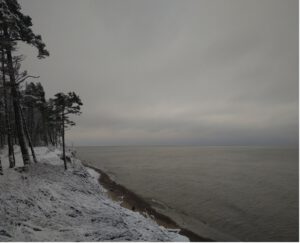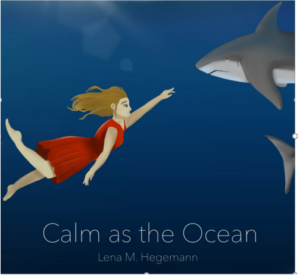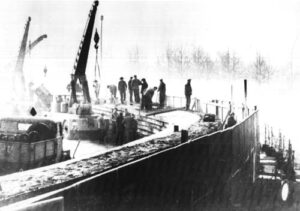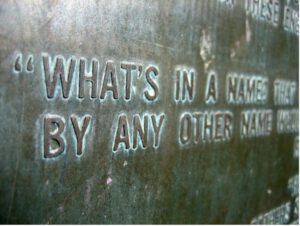
Last fall, I had the privilege of spending a semester abroad. What better place to go for a North American Studies Profile graduate than across the pond?
Even if said pond happens to be the Baltic Sea rather than the Atlantic Ocean, my journey did take me to the “North American University in the Heart of Europe”, i.e., the Republic of Lithuania. And if you’re asking yourself: “What is it doing there?” or perhaps even: “What were you doing there?” let me introduce you to this one-of-a-kind place called LCC International University.











